Some of the world’s most prominent policymakers and mobile thought leaders joined us at the Ministerial Programme during MWC Barcelona to discuss how the ITU World Radiocommunication Conference 2023 (WRC-23) can be used for the benefit of billions all over the world.
The GSMA was pleased to welcome over 88,500 attendees to MWC this year, and for those working in policy, the Ministerial Programme was the centrepiece of the event. With 196 delegations, it was the GSMA’s biggest-ever policy forum at MWC Barcelona. Spectrum for 5G growth, and the upcoming WRC-23 were crucial topics at the 2023 edition of the Ministerial Programme.
For me, the highlight of the spectrum discussion was an event on the mainstage of the Ministerial Programme which I was honoured to host and invite discussion from government and industry representatives from all over the world. It was an opportunity to discuss the GSMA’s vision for a successful WRC-23, one that aims at bringing the whole world on a journey towards a brighter and more prosperous future. For us, there are three crucial opportunities at WRC-23 which can help ensure that our vision becomes reality:
- Delivering digital equality through low-band spectrum and increasing 5G capacity across rural areas
- Extending global harmonisation of 3.5 GHz to drive economies of scale
- Ensuring 5G expansion through mid-band spectrum, including 6 GHz, to meet future demand
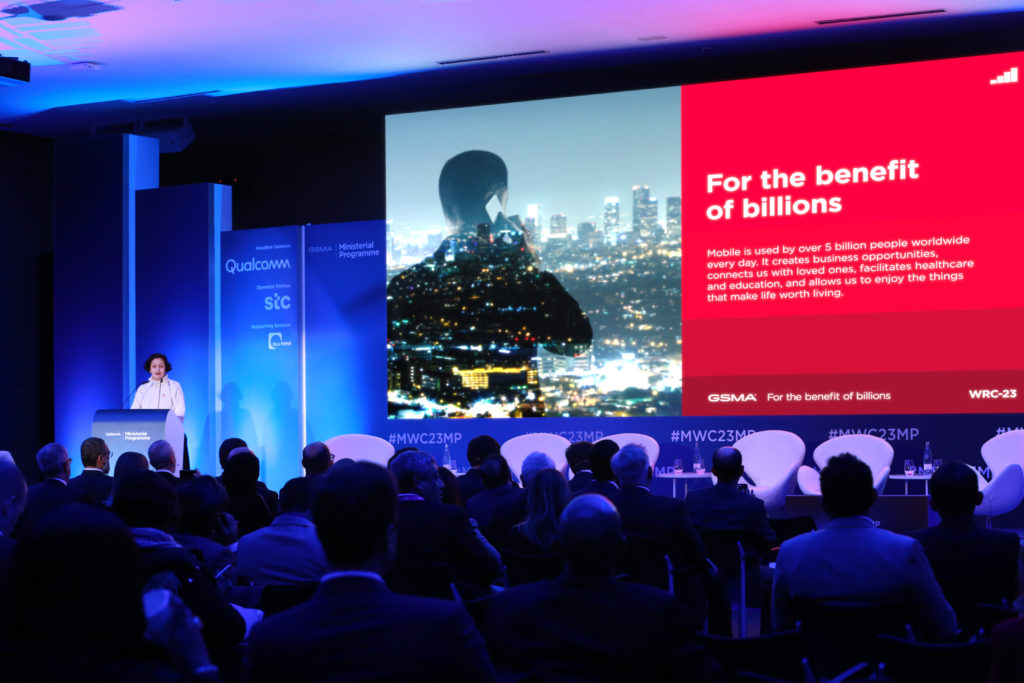
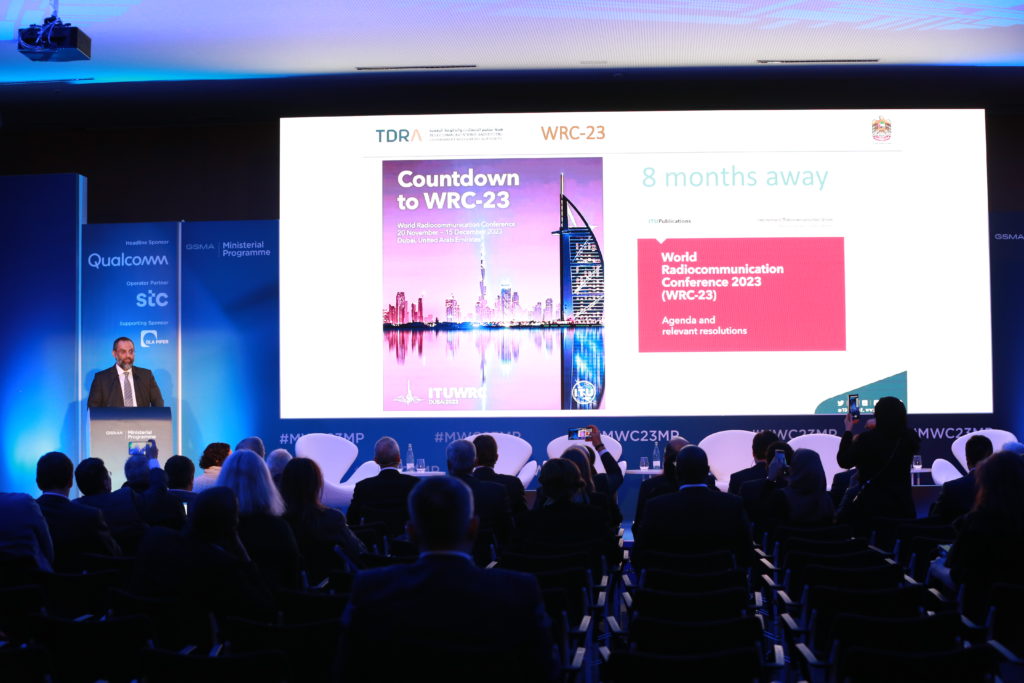
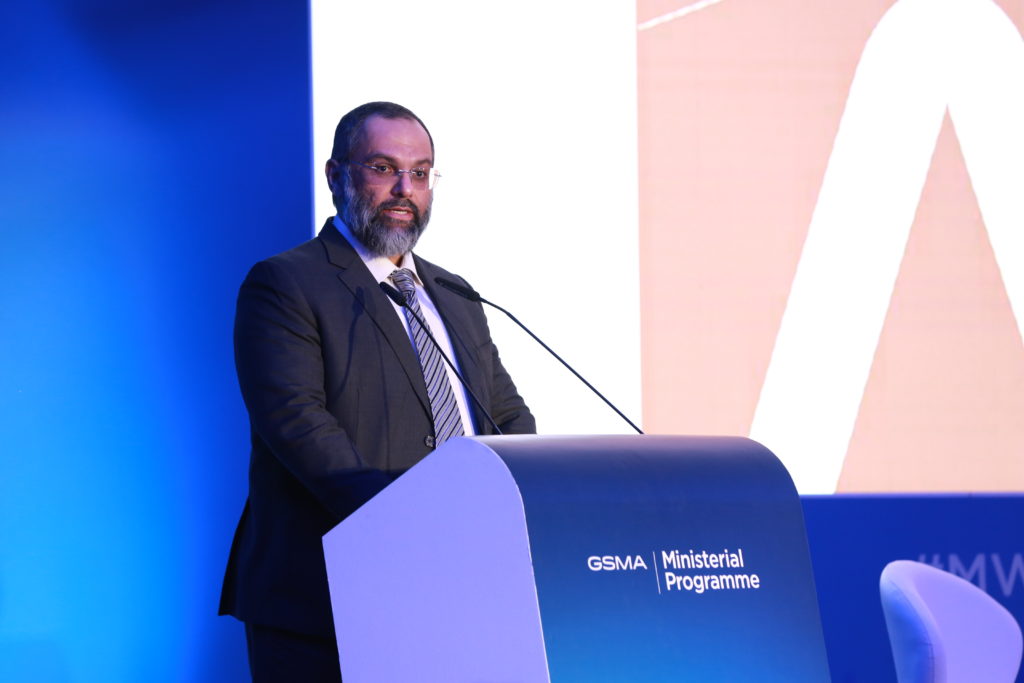
Tareq Al Awadhi of the UAE regulator TDRA joined us for a keynote speech and stressed the importance of the WRC process in driving the future of all wireless services and, by extension, all industries. He noted that today and in the future, all sectors, including education, healthcare, agriculture and manufacturing, will depend highly on seamless connectivity.
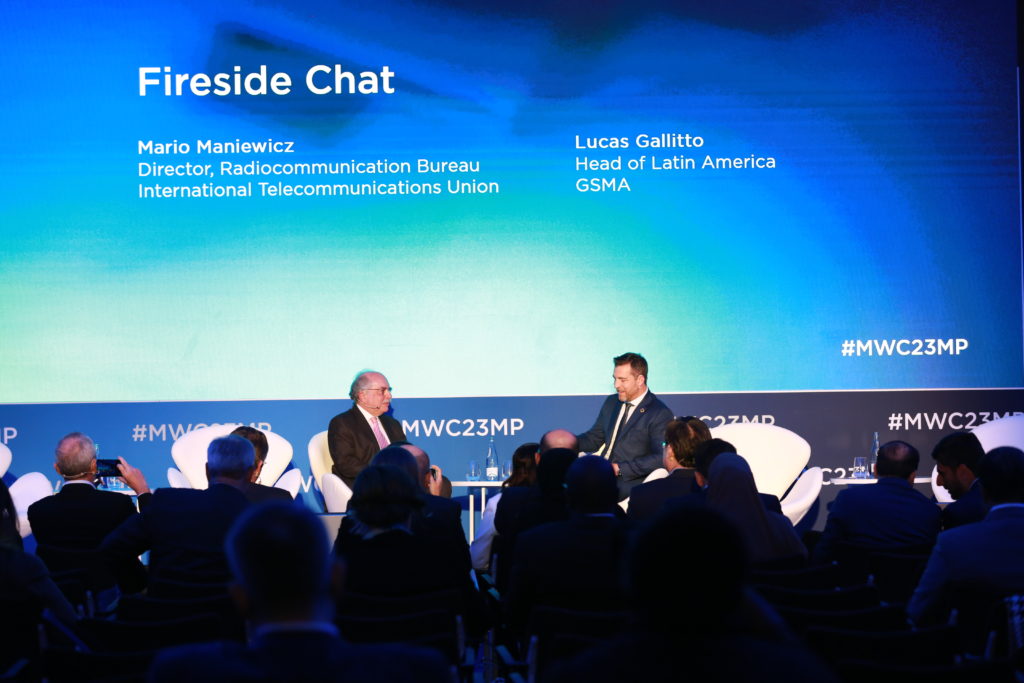
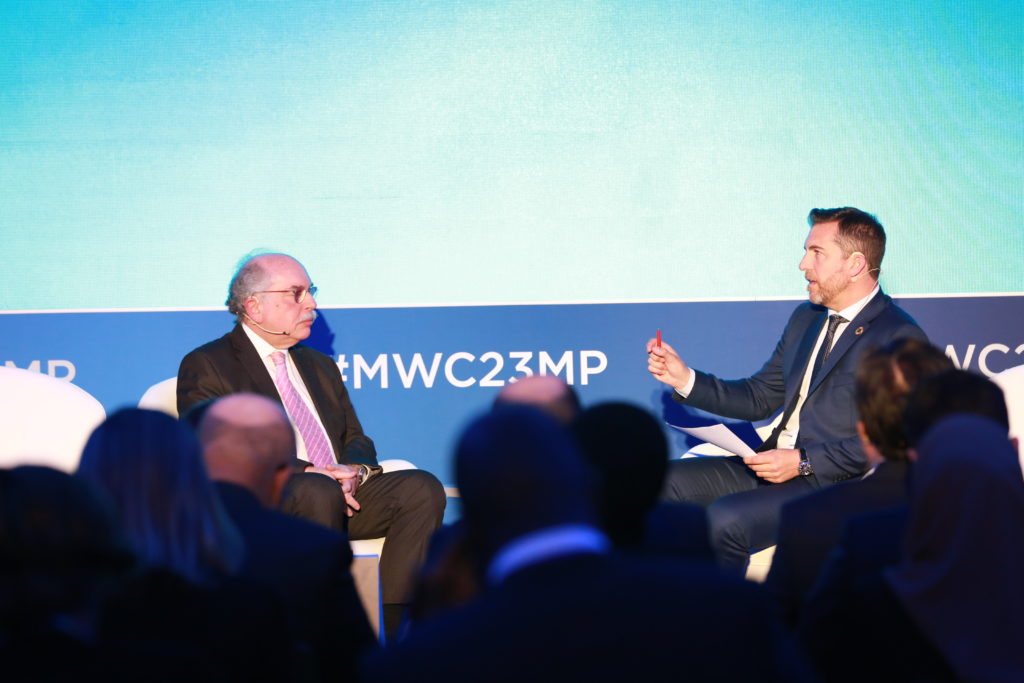
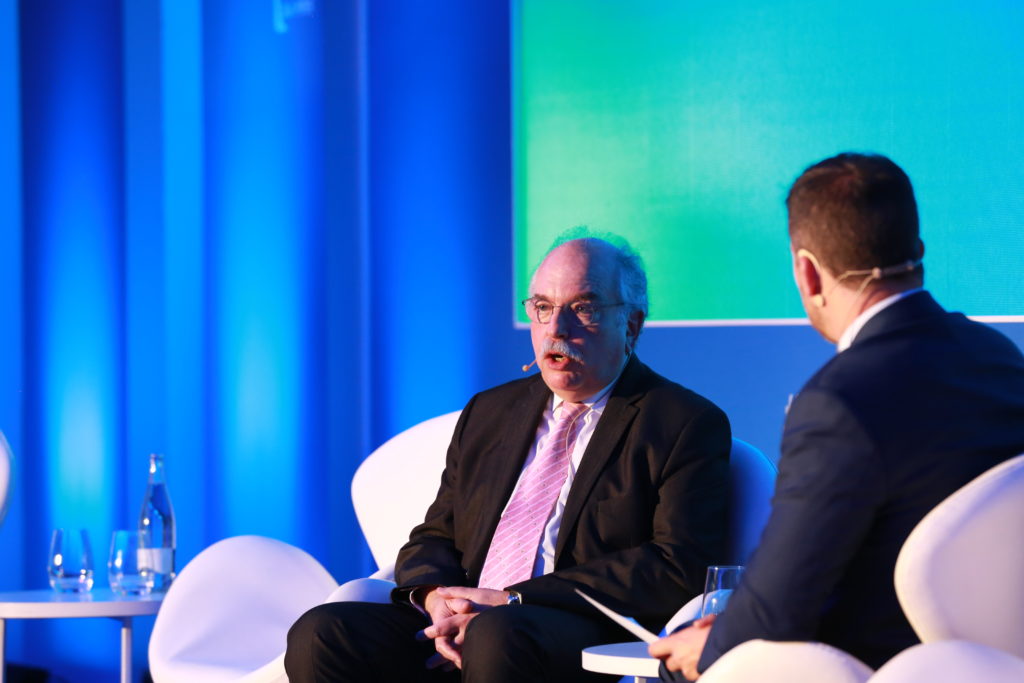
Mario Maniewicz of the ITU Radiocommunication Bureau shared his hopes for a successful WRC-23. He urged regional groups to start building consensus ahead of the conference rather than leaving decisions until Dubai. He also called for more collaboration between industry and administrations: “Governments and administrations are the final decision-makers, but the industry drives the dialogue. Discussion and collaboration between the two will be critical for a successful WRC-23.”
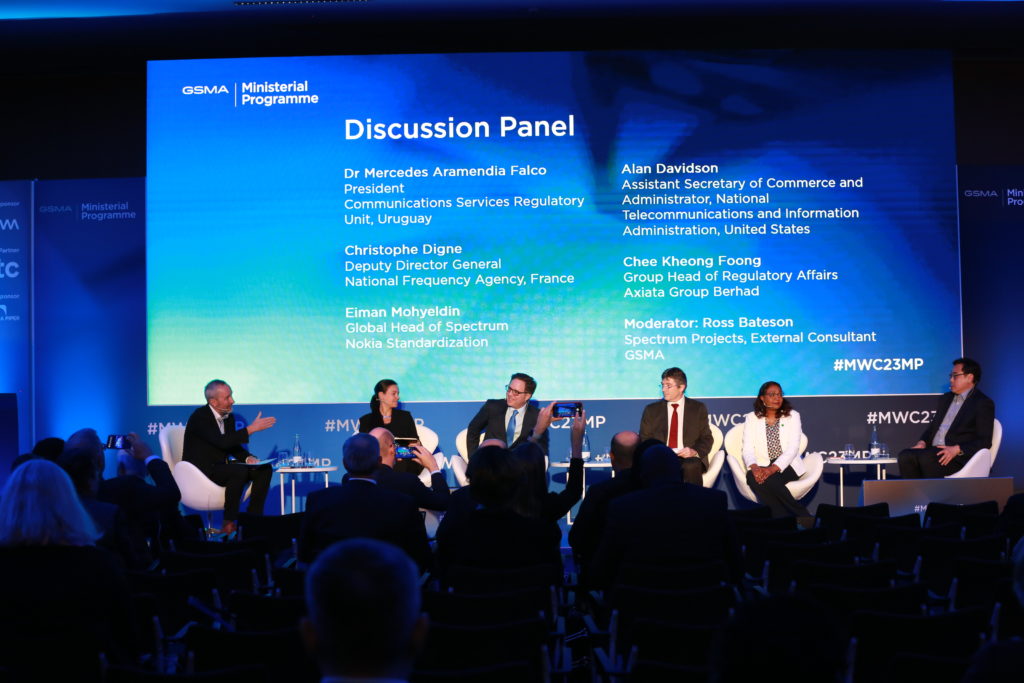
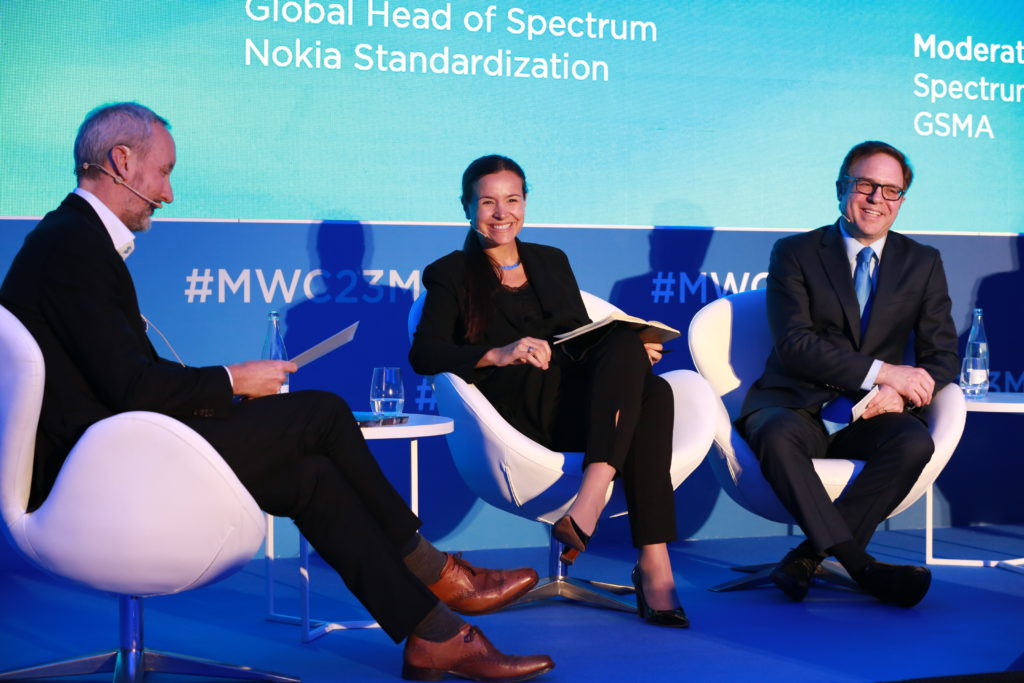
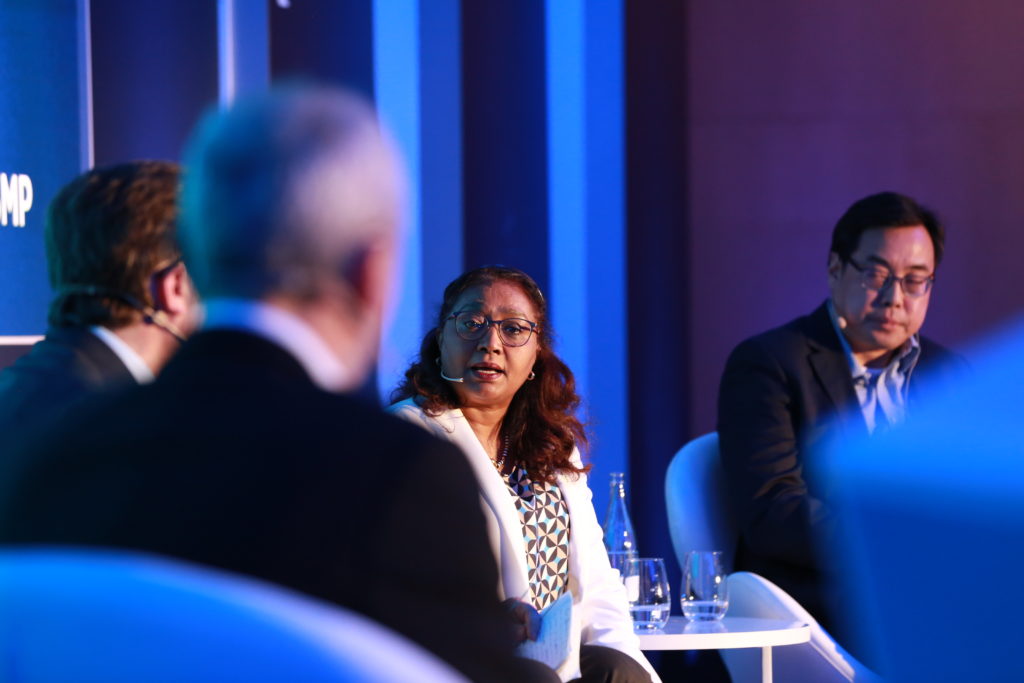
The session concluded with a panel discussion, where regulators from ANRF (France), NTIA (USA) and URSEC (Uruguay), alongside mobile operator (Axiata) and vendor (Nokia), shared their perspectives on the spectrum needs for their regions and industries. The panel agreed that a successful WRC-23 would enable a thriving and competitive communications market and ensure no one is left behind in the digital age. Panellists stressed the importance of connecting the unconnected and lowering the digital divide through affordable communications services.
Global mobile traffic is expected to grow throughout the 5G era, and decisions at WRC-23 will be vital to meeting this demand. WRC-23 is essential for developing 5G and can also begin planning for 6G. Harmonisation of spectrum at the ITU will help produce economies of scale and deliver affordable connectivity for the world.
The connected future of the world depends on us striking the right balance at WRC-23. Its decisions can create a virtuous circle of fast, sustainable, and affordable networks delivered to more people, lowering the usage gap while driving scale and further investment. It can deliver affordable 5G across the world and help to ensure that no one is left behind in a digital age. At MWC Barcelona 2023, government and industry stressed their belief that WRC-23 can act for the benefit of billions all over the world.
Keep up to date with mobile through the GSMA WRC Series.
